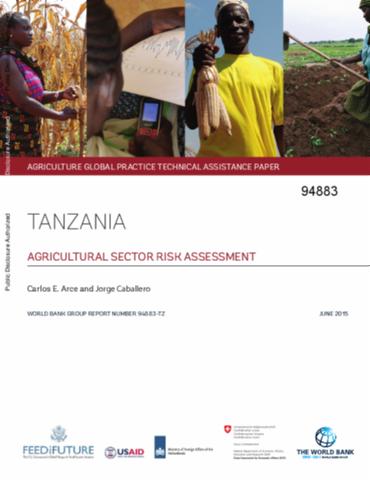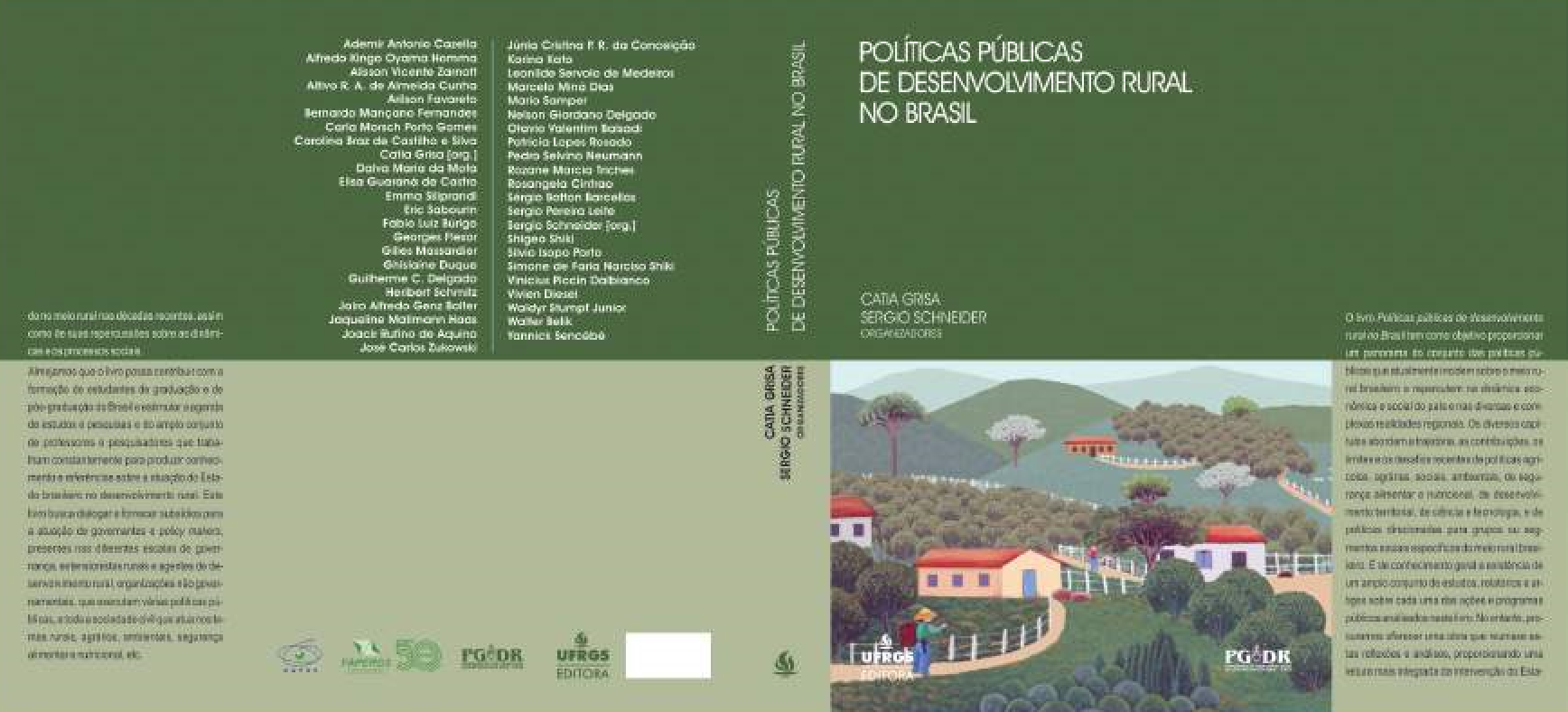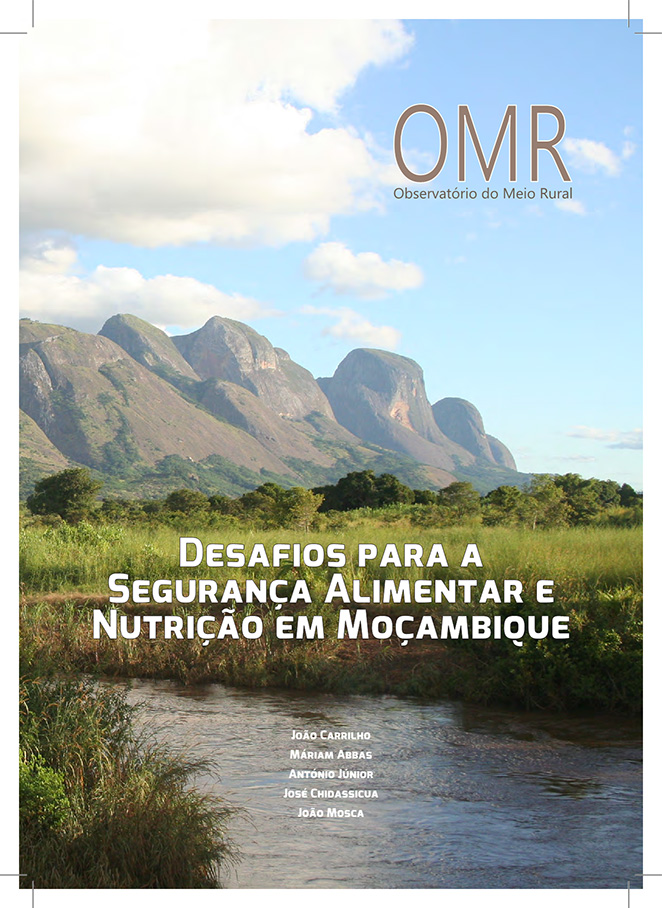Improving Gender Equality and Rural Livelihoods in Senegal through Sustainable and Participatory Energy Management
Launched in 2011, the Second Sustainable
and Participatory Energy Management Project (PROGEDE II) for
Senegal has been hailed for effectively mainstreaming a
gender perspective into an energy project. Under the
project, women have participated more in decision making;
developed skills in technical production, entrepreneurship,
and organizational management; and benefitted from increased incomes.







